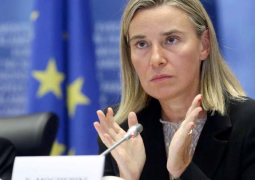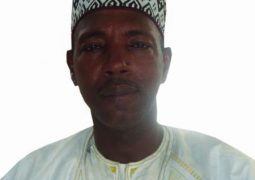It is evident that the global economy is experiencing a major slowdown owing primarily to the worst financial crisis since the great depression. Stock markets have become increasingly volatile, some major financial institutions in advanced economies have collapsed, capital flows to emerging markets have weakened and some currencies have depreciated sharply.
Governments have taken unprecedented measures to address these problems. Despite this, international financial markets are still marked by a high degree of uncertainty and risks of a global recession are high.
But what exactly does the global financial crisis mean for
In a statement made available to this paper, the IMF African Department Director noted that there is no question that the global financial crisis is having serious effects on sub-Saharan
"Until now, the solid growth of these investments had been a welcome payoff for the continent's reform efforts. Africans working abroad are facing worsening employment prospects so there is a serious risk that they will reduce remittances to the families back home," the statement said.
According to the IMF African Department director, all these changes are putting pressure not only on the incomes of individual Africans but on the budgets of their governments as well. "As demand for African exports falls, companies earn less and governments take in less in taxes".
The good news, the statement added, is that many African countries are now much healthier than they were ten years ago. "Many countries have built up comfortable levels of foreign exchange reserves that provide a cushion while these countries adjust to the new economic environment.
"Low levels of public debt and high savings in recent years provide some countries with the scope to sustain or even increase government spending and widen deficits, without risking instability".
The statement further reveals that the IMF is working with its member countries in
The statement also maintained that the international community has a key role to play. "In this challenging time for
Read Other Articles In Article (Archive)

Atlanta Gambia Christian Organisation readies for Sang Marie
Aug 8, 2012, 10:01 AM




